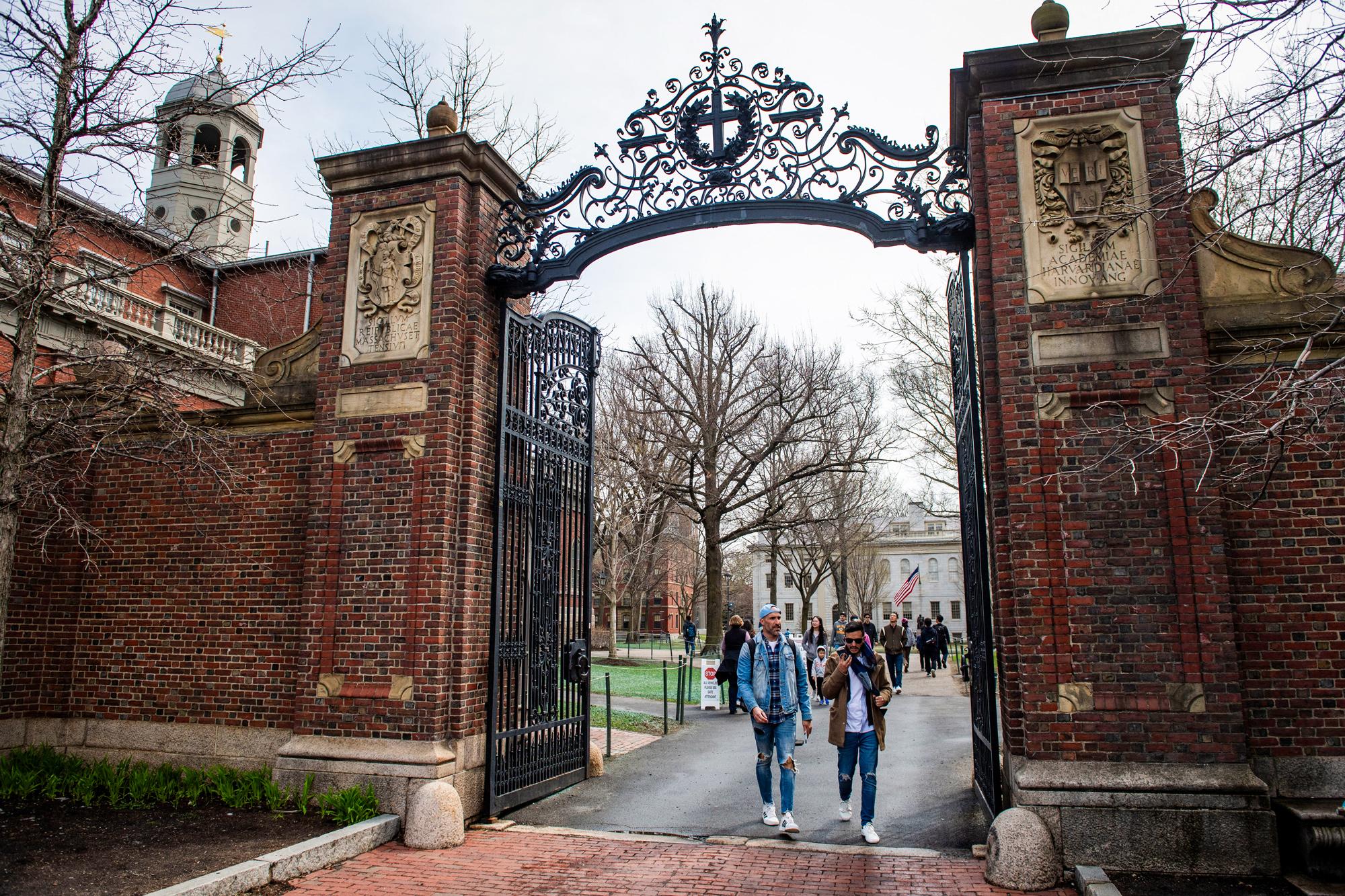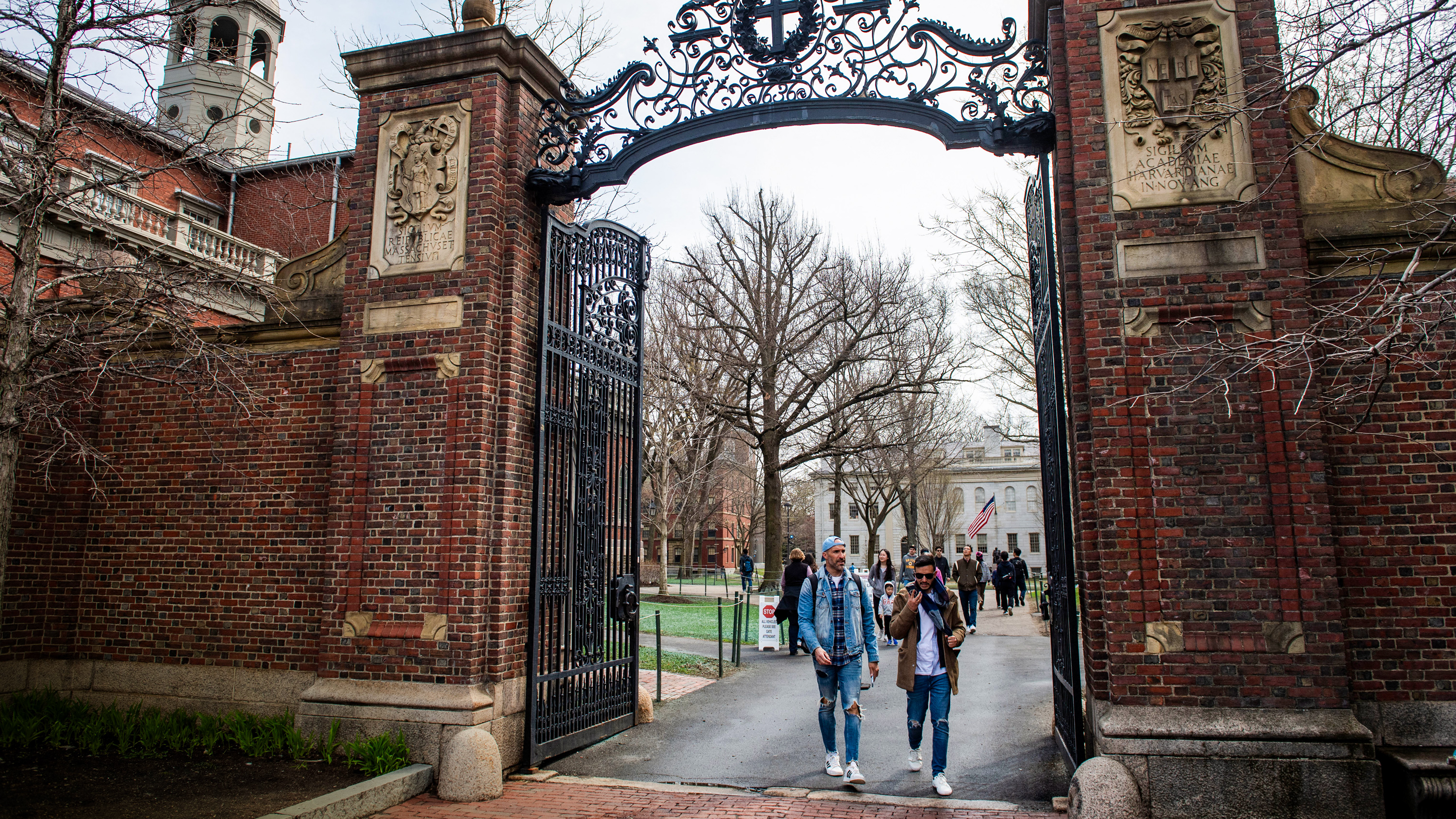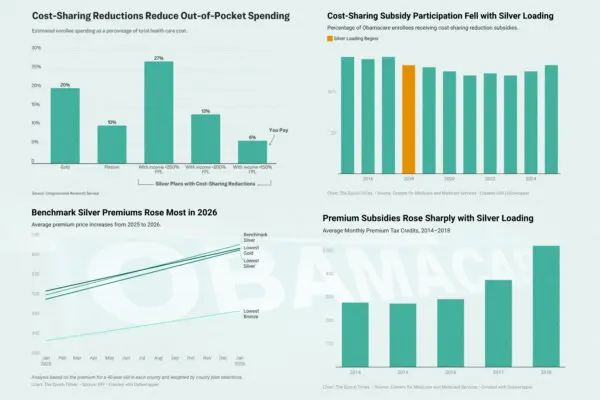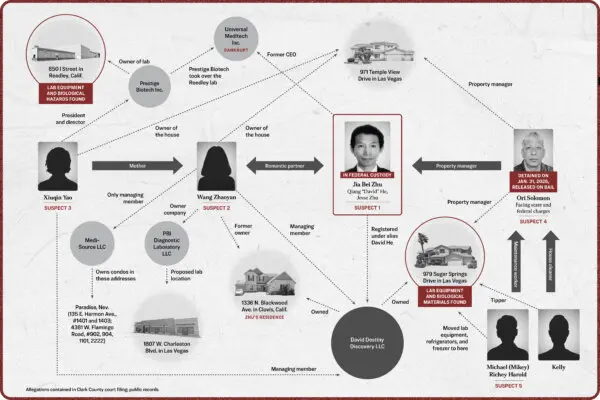Harvard University and the Trump administration are in an escalating standoff after the institution declined to comply with a list of conditions for addressing campus anti-Semitism and ending diversity, equity, and inclusion (DEI) programs.
The administration’s initial letter warned that $9 billion in grants and contracts would be reviewed. After some back-and-forth between the two sides, federal agencies announced on April 14 that a quarter of that amount is now frozen because of the university’s inaction on the ultimatum.











